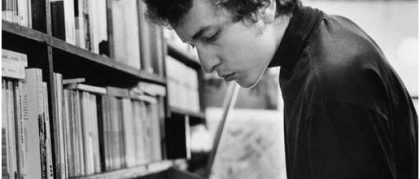
Social scientists tell us that some white people (especially liberal ones) do indeed feel collective guilt for past racial injustice. I have nothing to say about whether they should feel this way or are right to feel this way. Some social psychologists including one that I have co-authored two papers with (Nyla R. Branscombe) find that tapping into white guilt can have social justice-promoting positive benefits. But playing the guilt and blame game when it comes to race matters is, and has always been, tricky business in America. Martin Luther King Jr. certainly appreciated this, which explains why he worried (after the 1964 Civil Rights Act, and the 1965 Voting Rights Act, were passed) that eradicating racial inequality in America was going to be even more challenging than putting an end to formal racial discrimination.
Continuing the End Times series, Richard Marshall interviews Derrick Darby.















